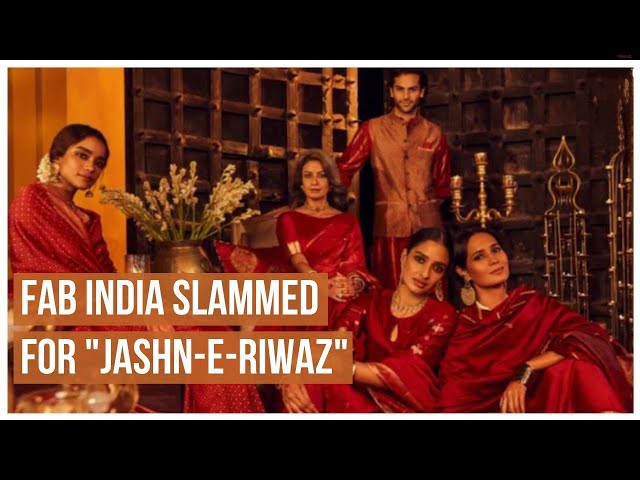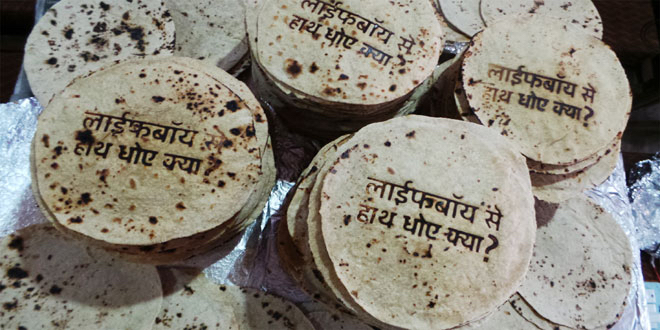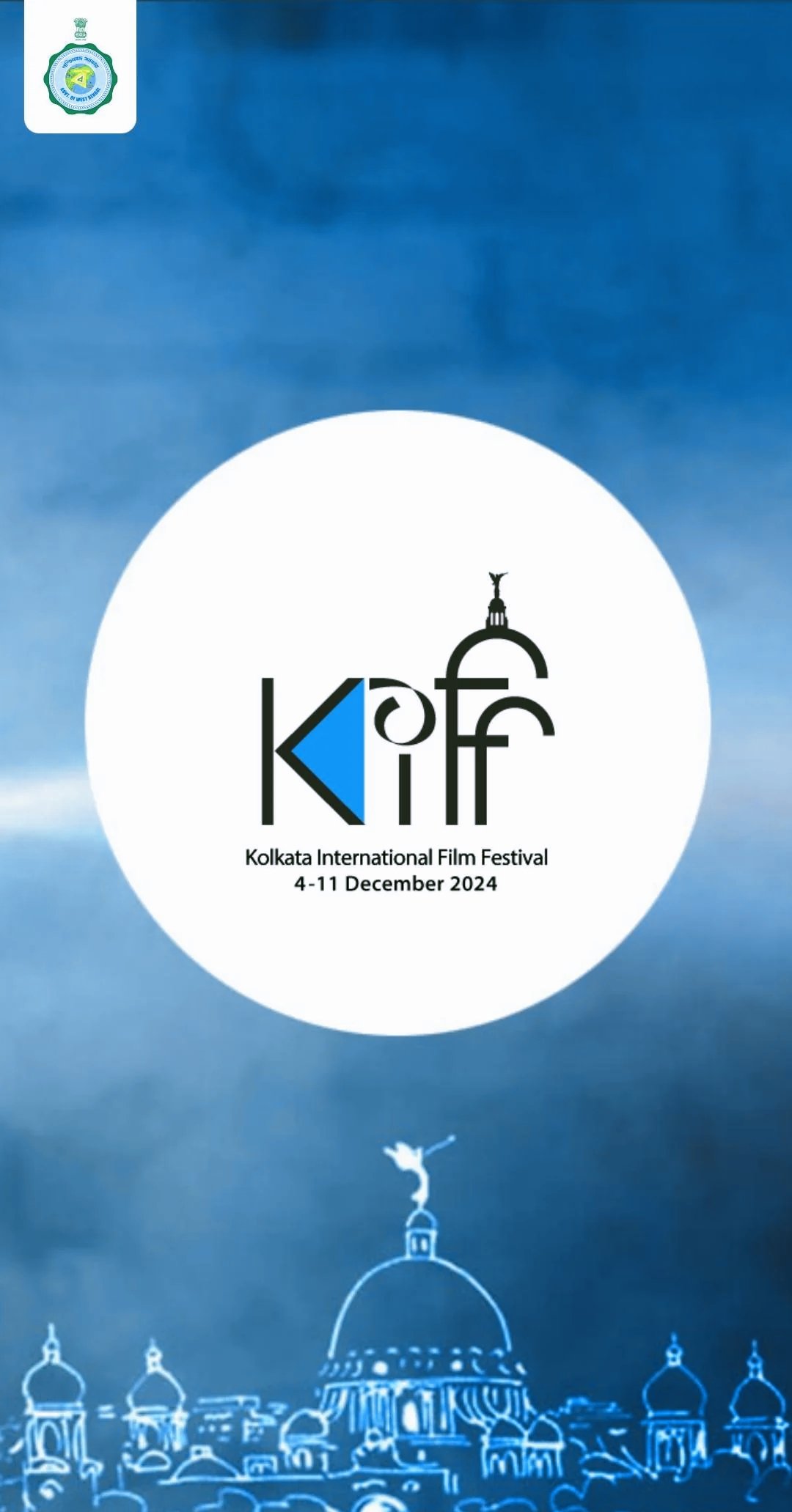Back
Wild Kira
/Internet_ • 1y
Controversial Diwali Marketing campaign By FabIndia (Jashn-e-Riwaz) Fabindia is a beloved Indian brand known for its earthy aesthetics and celebration of traditional Indian attire and craftsmanship. Every festive season, people look forward to their campaigns, which bring a blend of warmth, cultural richness, and nostalgia. In October 2021, just ahead of Diwali, Fabindia launched a new campaign titled “Jashn-e-Riwaaz,” which means “Celebration of Tradition.” The visuals featured Indian models in festive ethnic wear, capturing moments of family togetherness, laughter, and the season's warmth — all classic hallmarks of Fabindia’s branding. However, rather than being welcomed with open arms, the campaign stirred up an unexpected wave of controversy that highlighted the delicate balance brands need to strike with cultural sensitivities in India. The central issue that sparked the backlash was the campaign’s title, “Jashn-e-Riwaaz.” While it means “celebration of tradition,” it uses Urdu terminology. Diwali, though widely celebrated across India, is traditionally a Hindu festival, deeply connected to religious and cultural roots. For some, the use of Urdu in connection to Diwali felt misplaced. As the campaign launched, social media buzzed with criticism from individuals who felt that the brand had secularized Diwali to the point of losing its essence. They argued that the campaign’s Urdu name took away from Diwali’s Hindu identity, expressing disappointment that Fabindia hadn’t used terminology directly referencing the festival, like “Diwali” or other Sanskrit or Hindi terms. Within hours, hashtags like #BoycottFabindia began trending on social media. Some BJP leaders joined the conversation, stating that the brand’s choice to promote a “secular” Diwali was disrespectful to Hindu sentiments. As the backlash escalated, Fabindia quickly responded by pulling down the “Jashn-e-Riwaaz” campaign and replacing it with another called “Jhilmil si Diwali,” which clearly referenced the festival by name. Fabindia issued a brief statement clarifying that “Jashn-e-Riwaaz” was intended to celebrate the plurality of Indian traditions and wasn’t meant to offend anyone. The brand emphasized that their aim was to honor the season as a whole, capturing its spirit of inclusivity and celebration. Nonetheless, the campaign had touched a sensitive nerve. The rapid replacement with a Diwali-specific campaign was a calculated move to regain public trust, but the incident had already raised discussions about the role of language, inclusivity, and respect for religious sentiments in brand messaging.

Replies (17)
More like this
Recommendations from Medial
Mohammed Zuber Ahamad
•

Techzipe • 4m
✨ Wishing You a Bright and Joyful Diwali! ✨ May the festival of lights illuminate your life with happiness, success, and prosperity. At Techzipe, we celebrate innovation, togetherness, and new beginnings just like the spirit of Diwali itself. Happy
See More
Sanskar
Keen Learner and Exp... • 1y
Fabindia was founded in 1960, by the initiative of John Bissell, initially Fabindia started by exporting home furnishings, championing rural artisans. Fast-forwarding to today, Fabindia boasts over 341 stores (as of July 2020) across India and abroad
See MoreJaswanth Jegan
Founder-Hexpertify.c... • 1y
“Lifebuoy Soap’s Roti Remainder” WEIRD Marketing Strategy #7 The Kumbh Mela is a Hindu pilgrimage festival that is held every 12 years in India. In 2013, the Kumbh Mela was held in Allahabad, and it attracted over 100 million people.The ‘Roti Remin
See More


Ashish Srivastava
Director at Momo's F... • 1y
The festival of Lohri brings joy, prosperity, and enthusiasm into our lives. It is not just a celebration of the harvest season but also an occasion to come together with family and friends. On this special day, Momo’s Fever extends heartfelt Lohri w
See More
Download the medial app to read full posts, comements and news.
























/entrackr/media/post_attachments/wp-content/uploads/2021/08/Accel-1.jpg)



















